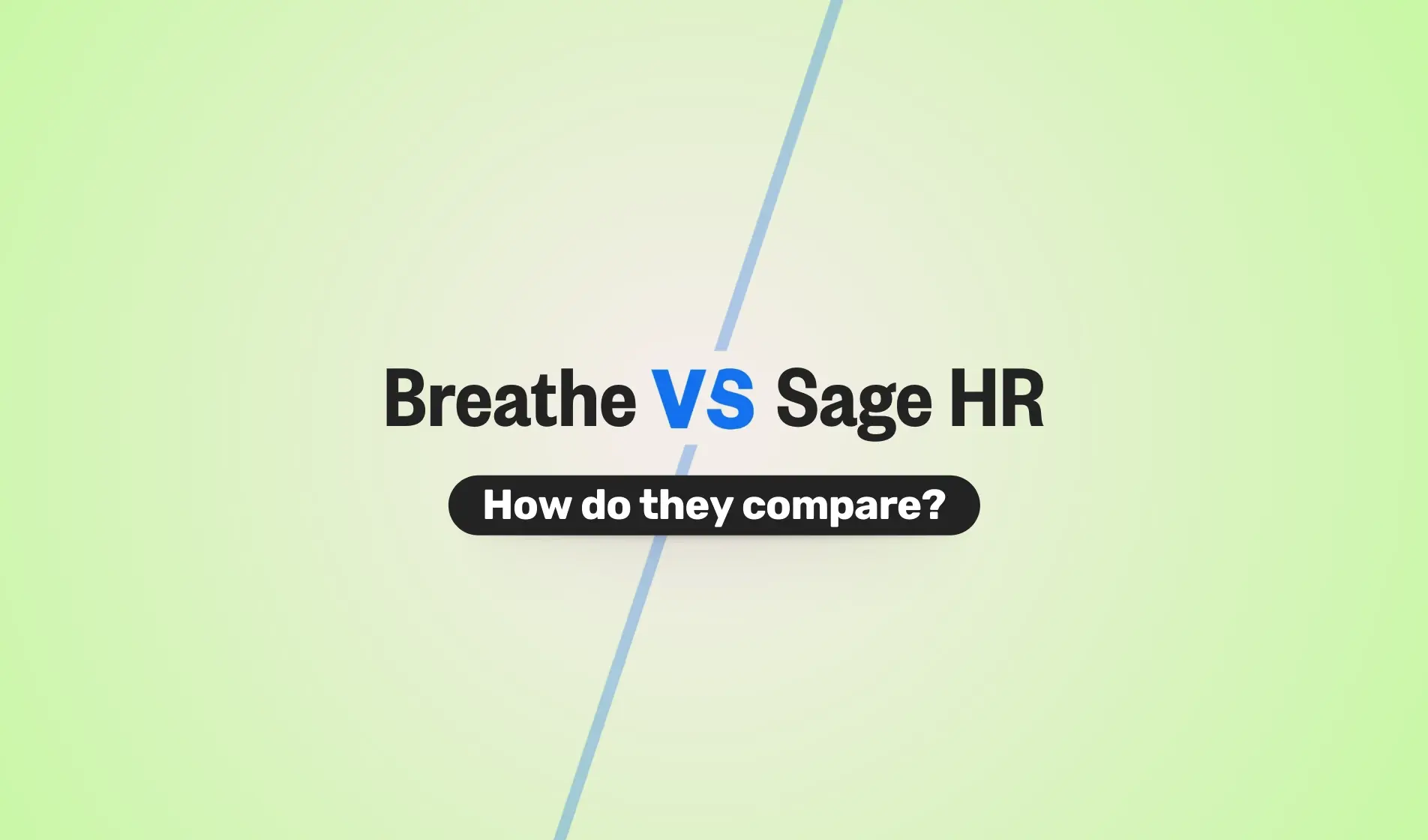If decision-making is taking too long with too many middle managers to go through before anything gets done, then it might be time to look at cutting back some of the excess. If it feels like people are being hampered by company processes and that your company isn’t very responsive to change, then again it could be time to delayer. It could be as simple as removing area managers for example, so a shop manager goes straight to a regional manager instead.
One the flip side, if your company is growing well you might find you need to re-layer, adding in management to help drive things forward because existing management is overstretched.
Advantages of delayering for small businesses
Delayering can empower your employees because you are giving them more autonomy. This in turn can be a powerful motivator which encourages people to be more productive and ultimately more beneficial for your business.
It can improve communication between your team, because there are less levels of hierarchy they have to go through. It can also give senior managers more of a chance to be in touch with staff. It will also bring your senior staff into closer contact with your customers or clients which can help boost customer relations.
It can help financially to cut overheads, too – something particularly important for small businesses in the cost of living crisis. It can also help sort out any departmental rivalry by arranging your staff into teams instead of having a hierarchical structure in place.
Delayering: disadvantages for SMEs
Not all organisations are suited to a flatter, less hierarchical structure. For example, if you run a business involving mass production with low-skilled employees they may simply not have the skills to make larger, more strategic decisions. It also means there's less chance for promotion than in a narrower hierarchical structure (because there are less positions above).
Just as delayering can be motivational for those that remain it can also create disruption and uncertainty if you do make job losses. Those left behind may wonder what is going on and will take time to adapt to new roles and responsibilities. You also need to be clear it is about reorganisation and not just an excuse for redundancies.
In a small business, you might not have a huge number of managers to begin with and you need to make sure you’re not increasing their workload beyond what's reasonable or manageable. You also need to be aware of reducing too much and leaving yourself with a skills shortage.
Our guide to delivering effective feedback for managers can help improve improve the skillset of your line managers. Why not download the guide for free to find out more?







